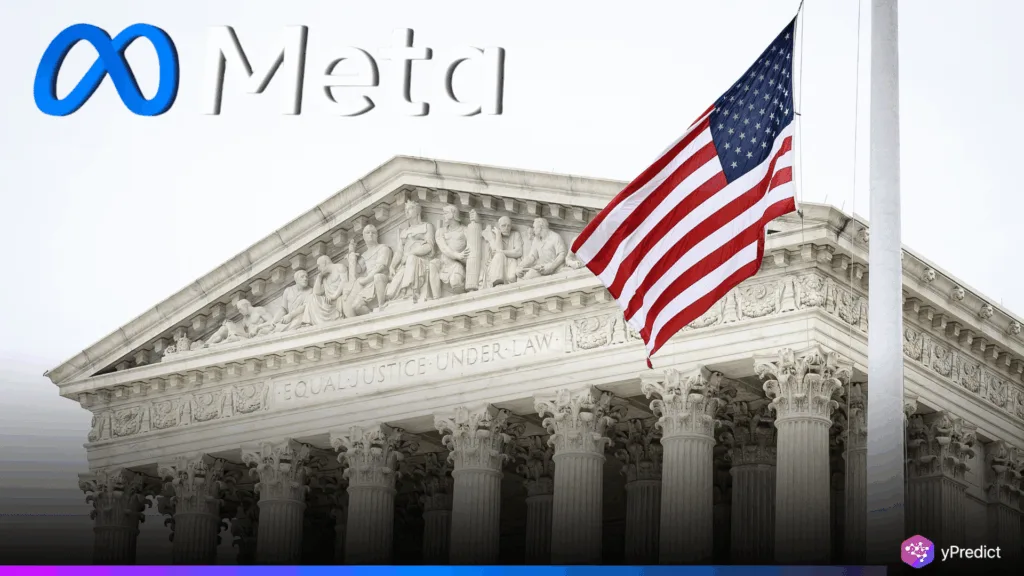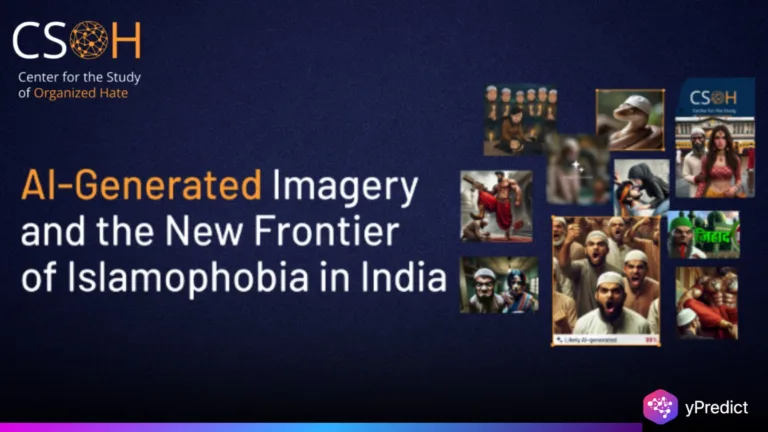
A US federal court ruling in San Francisco has handed Meta a legal win in a heated AI training copyright case. Judge Vince Chhabria determined that Meta’s training of its open-source generative AI model, Llama, using copyrighted books was “transformative.” He concluded that it was sufficient to meet the requirements of fair use.
However, the judge noted that a better-argued case from the authors could have led to a different outcome. Following a similar decision in favor of Anthropic and its Claude chatbot, this is the second significant victory for AI companies in as many weeks.
Meta Wins Court Backing in AI Training Lawsuit
Judge Chhabria ruled that the authors who sued Meta did not make the right arguments or present enough evidence. He clarified that the failure of the plaintiffs to provide adequate evidence does not imply that Meta’s AI training techniques are legal. Meta had used pirated versions of books like Sarah Silverman’s The Bedwetter. Additionally, Llama was trained using Junot Diaz’s The Brief Wondrous Life of Oscar Wao.
Despite the win, the judge expressed concern. He questioned whether it is truly fair to create a tool that allows users to create competing works using copyrighted content. Furthermore, he underlined that although generative AI models are revolutionary, original creators may suffer adverse effects from their market.
Are Generative AI Firms Misusing Copyright Laws?
AI companies like Meta and Anthropic claim that training transforms original data into entirely new and useful forms. This defense is based on the US copyright law‘s fair use clause. In response to the court ruling, Meta claimed that open-source models encourage creativity and innovation in both individuals and enterprises.
In a similar lawsuit, another San Francisco judge, William Alsup, sided with Anthropic. He decided that fair use also protected the use of copyrighted books to train the Claude chatbot. Alsup said the use was “exceedingly transformative” and likened it to how humans learn by reading. However, he did not grant Anthropic a blanket exemption for storing millions of pirated books in a digital library.
The authors in both lawsuits, including Sarah Silverman and Andrea Bartz, claim these companies are bypassing copyright protections. Additionally, they are making tools that threaten their means of subsistence. Legal experts suggest that future lawsuits might succeed if they better demonstrate market harm caused by generative AI models.
What Lies Ahead for Fair Use Challenges?
Although both decisions favored tech firms, they also brought attention to the widening gap between copyright enforcement and innovation. Judges acknowledged that training was revolutionary, but they also made it possible for more expertly crafted legal arguments in the future. The argument also revolves around the limit of fair use before it starts to compromise the financial rights of writers and artists.
As more lawsuits are filed, the legal environment will probably change. Additionally, courts may soon have to determine the appropriate level of copyright protection. This is particularly important for models that have been trained with massive volumes of data. For now, companies are navigating a gray area where they claim innovation rights while authors seek new protections.
Final Take
The recent rulings may benefit AI companies, but they are far from definitive victories. Courts are not ruling against the idea that creators could suffer from AI training. Furthermore, future verdicts could shift the scales in favor of more targeted lawsuits and more thorough records.
The conflict between intellectual property rights and innovation is just getting started. There may be pressure on lawmakers to revise current copyright frameworks as AI capabilities develop. Thus, both tech companies and creators will need to make quick changes to avoid costly legal deadlocks.







